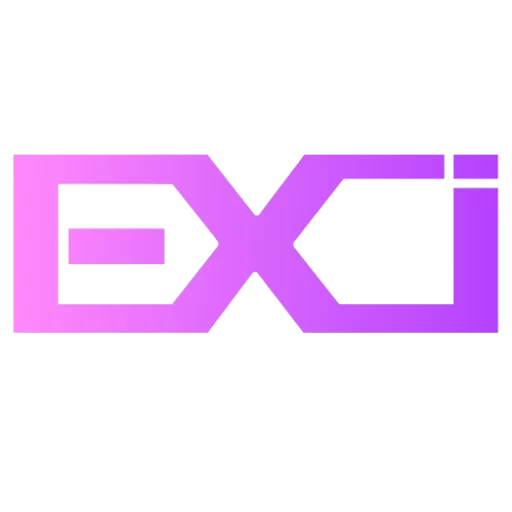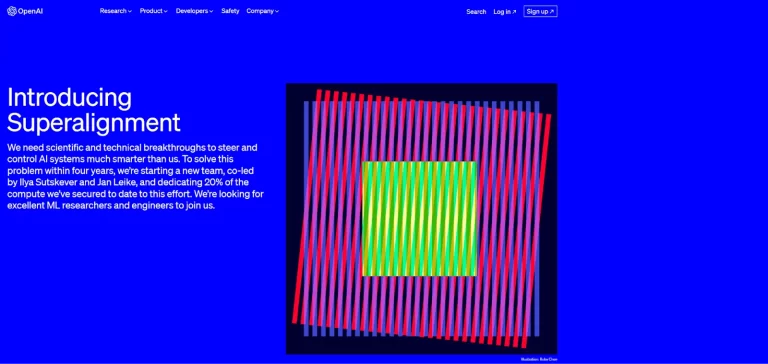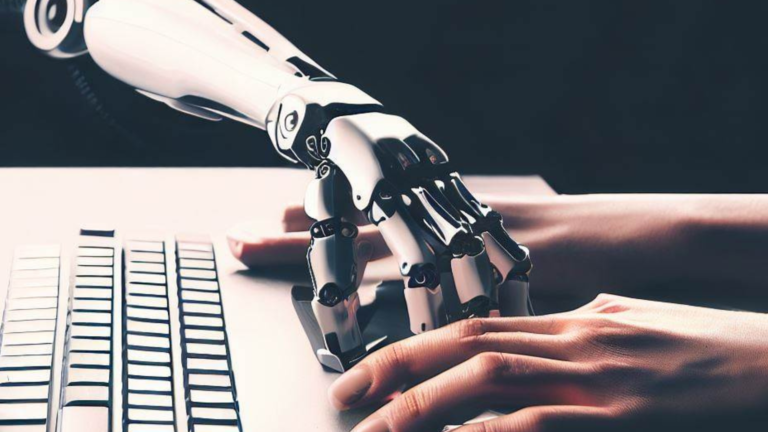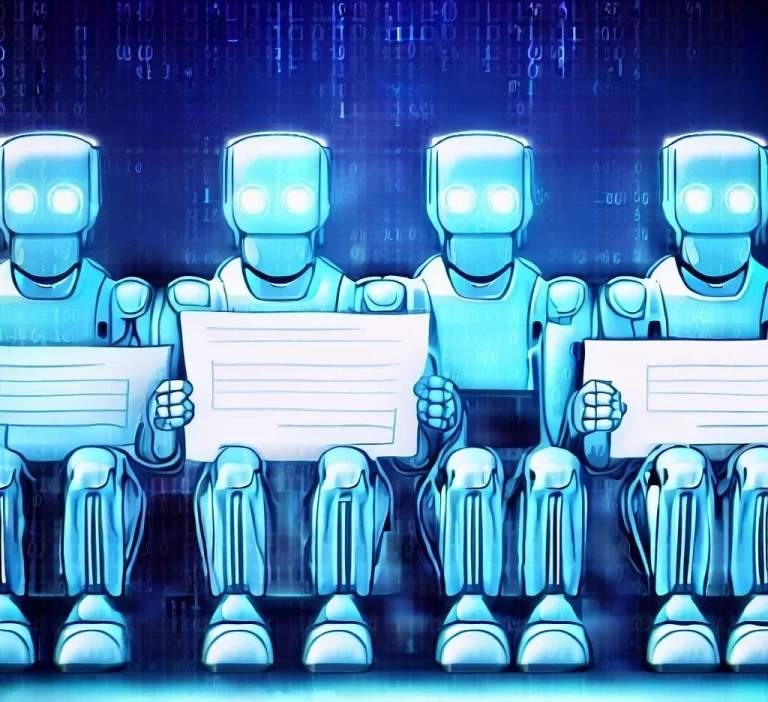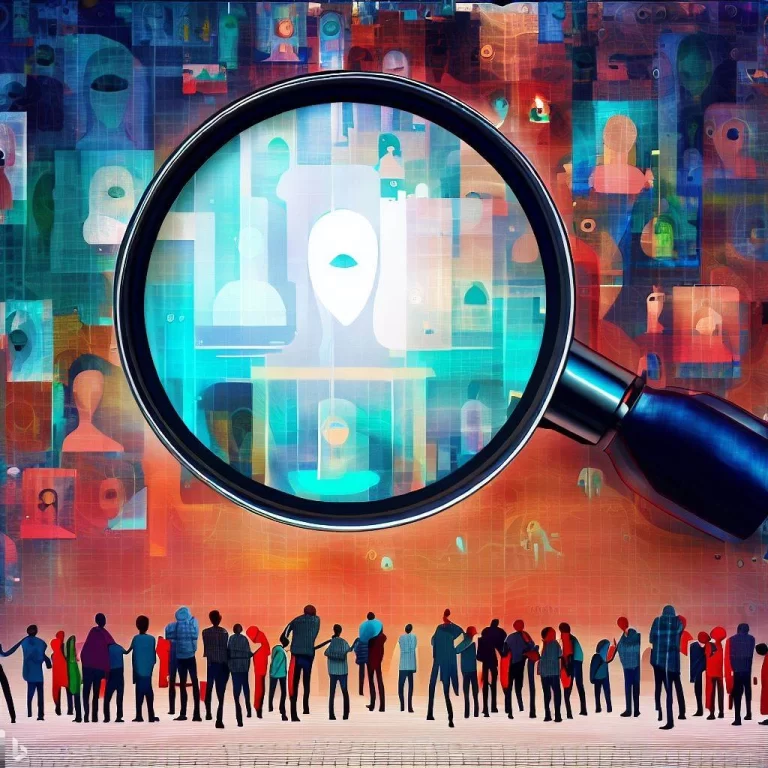Who Owns OpenAI? Discover the Minds Behind ChatGPT & Get All the Details!
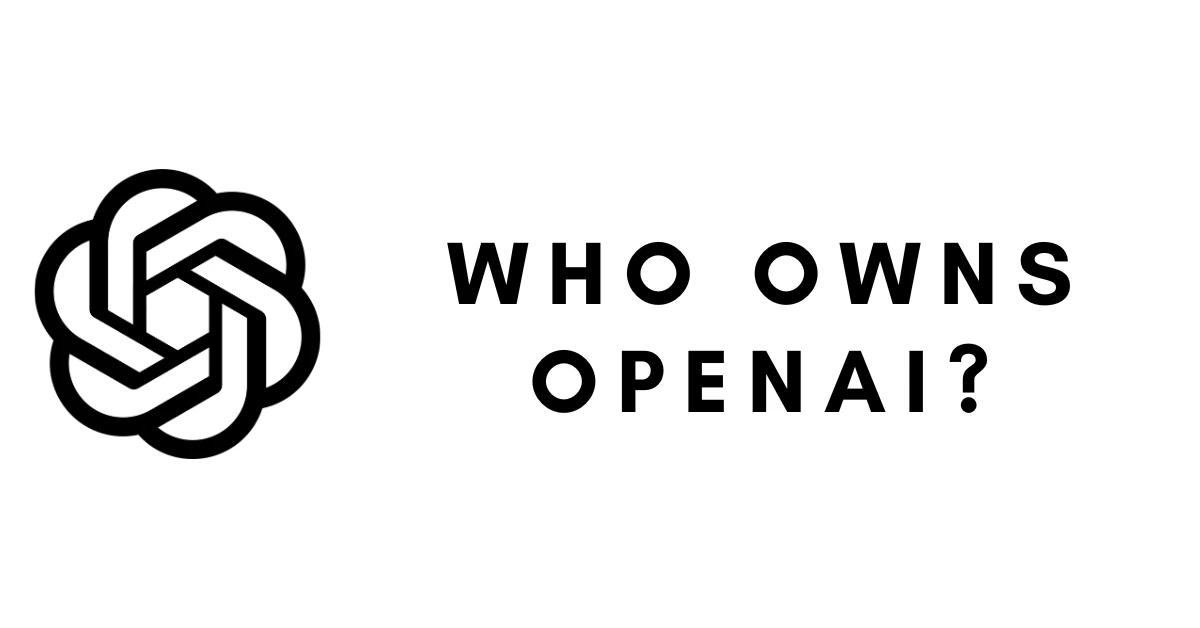
OpenAI is owned by a group of investors, including Microsoft, Khosla Ventures, Reid Hoffman, and several others. OpenAI is privately owned, which is why the exact ownership structure is not publicly announced.
But how did OpenAI start? And who owns OpenAI? Let’s dive into the nitty and gritty of the largest AI research-based organization.
The Co-founders Of OpenAI?
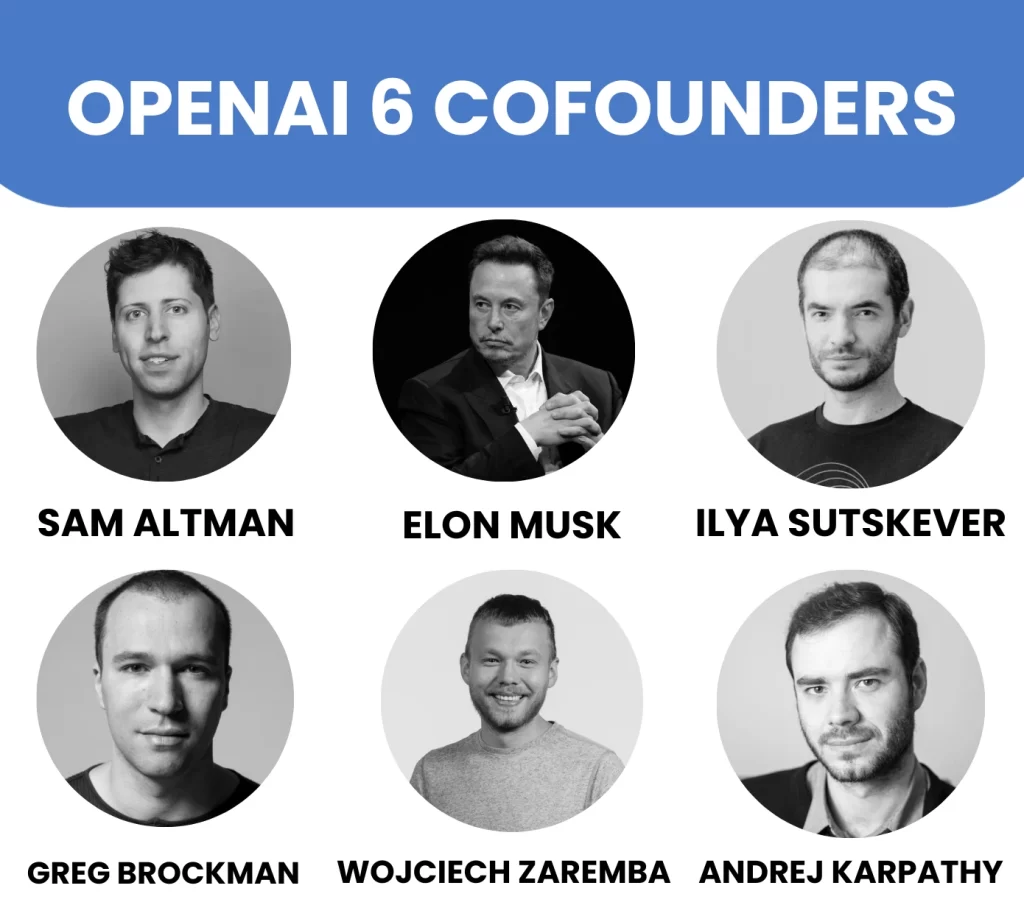
Though OpenAI was founded by technology entrepreneurs, including Elon Musk, Sam Altman, Greg Brockman, Reid Hoffman, Peter Thiel, and others– the exact ownership structure hasn’t been announced due to privacy policies. Some founders and investors of the company are the same.
1. Sam Altman – CEO, former president of Y Combinator
Sam Altman was an American entrepreneur, investor, and programmer who is part of OpenAI as the CEO–a firm he co-founded with Elon Musk. Altman was renowned in Silicon Valley before this as he was the president of the startup accelerator Y-Combinator.
Sam Altman, after being fired is CEO once again as the board of directors who fired him eventually realized that terminating him perhaps wasn’t the best course of action.
2. Ilya Sutskever – Chief Scientist, former Google expert
Ilya Sutskever is a Canadian computer scientist and entrepreneur who co-founded OpenAI. He was also the Chief scientist and architect behind the GPT models of OpenAI Sutskever worked at Google Brain where he co-invented AlexNet and created the sequence-to-sequence learning algorithm.
3. Elon Musk – Co-founder of Tesla I SpaceX I Starlink I Neuralink I The Boring Company (Left)
Elon Musk is a South African-born American entrepreneur and business magnate. He is the founder, CEO, and chief engineer of SpaceX; angel investor, CEO, and product architect of Tesla, Inc.; founder, owner, CTO, and chairman of X Corp and Twitter; founder of the Boring Company; co-founder of Neuralink and OpenAI; and president of the philanthropic Musk Foundation
4. Greg Brockman – President, formerly of Stripe
Greg Brockman is an American entrepreneur and software engineer. He was the CTO of Stripe before he became the president of OpenAI.
5. Wojciech Zaremba – AI researcher
Wojciech Zaremba is a Polish computer scientist and entrepreneur who contributed to OpenAI as a researcher and co-founder.
6. Andrej Karpathy – Director of AI at Tesla
Andrej Karpathy is a Slovak-Canadian computer scientist who works for OpenAI, where he specializes in computer vision and deep learning. He has served as the director of artificial intelligence and Autopilot Vision at Tesla.
The History and Formation of OpenAI
- 2015: OpenAI was founded in December with a $1 billion pledge by a group of researchers and investors including Elon Musk and Sam Altman. The venture wanted to “freely collaborate” with other institutions to create an open public project.
- 2016: OpenAI released a public beta of OpenAI Gym– a platform for reinforcement learning research and released a Universe software platform later in the same year. The Universe software platform was made to measure and train AI’s general intelligence across the extensive supply of games, websites, and other applications.
- 2018: Due to potential future conflicts of interest, Elon Musk announces resignation from his board seat along with Tesla’s development of AI self-driving cars. However, he remains a major donor.
- 2019: OpenAI transitions from a non-profit organization to a for-profit corporation called Open AI Limited Partnership. The company partnered with Microsoft in an investment package of $1 billion. OpenAI also shared its objective to commercially license its technologies with Microsoft as a trusted partner.
- 2020: OpenAI announced GPT-3, a deep learning model trained from the internet that had an associated API that would form the heat of its first commercial product.GPT currently has over 100 million users and generates 1.8 billion monthly visitors.
- 2021: OpenAI raised $100 million in a single venture fund (OpenAI Startup Fund).
- 2023: OpenAI released GPT-4 with an API and as a feature of ChatGPT Plus (with a wait list). In May, OpenAI CEO Sam Altman, chief technology officer Greg Brockman, and scientist Ilya Sutskever posted recommendations for the governance of superintelligence, warning about the superhuman AI.
Who has Invested in OpenAI?
OpenAI has received hefty funding from multiple investors including the biggest technology and venture capitals. As of now, OpenAI has 14 investors, some of whom are:
In 2019, OpenAI invested $1 billion–in forming a computing partnership to build new Azure AI supercomputing technologies and pursue the goal of artificial general intelligence (AGI). Microsoft has also become the trusted partner to commercialize new technologies.
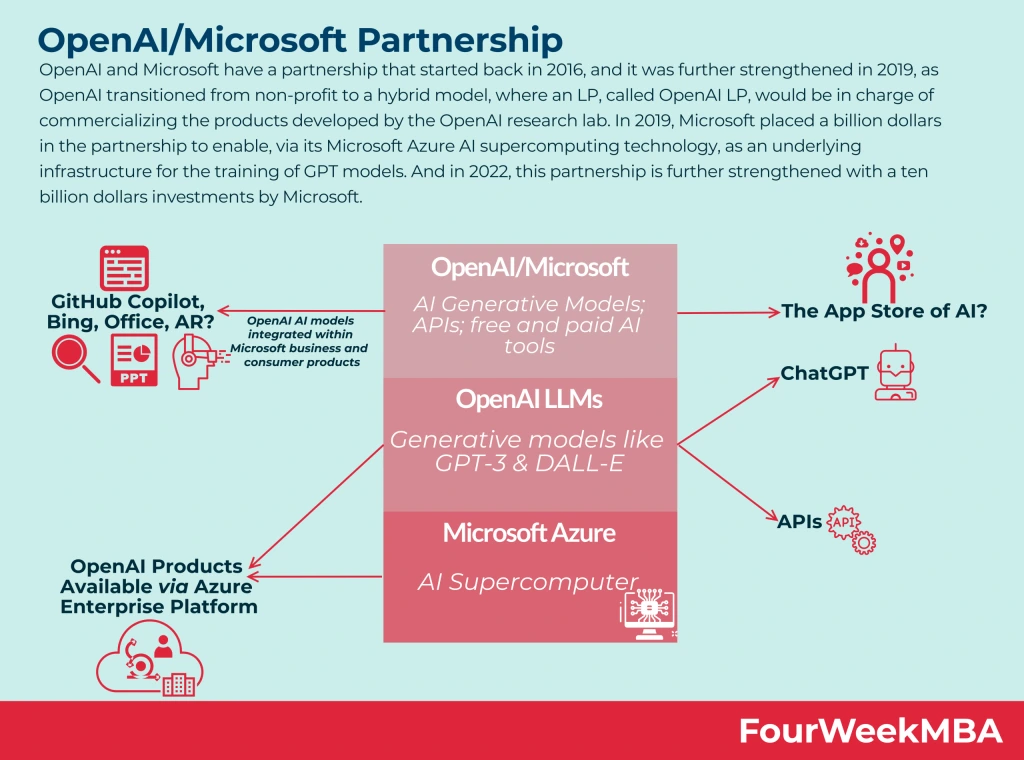
Moreover, Microsoft announced its investment in OpenAI worth $10 billion in 2023, becoming the cloud provider for OpenAI.
In return, Microsoft received access to popular AI systems such as ChatGPT and DALL-E. Microsoft’s investments in OpenAI are smart moves to compete against tech giants like Google, Amazon, and Meta.
- Amazon: Amazon Web Services and Infosys invested in OpenAI but the amount remains unknown. Perhaps, Amazon has designed new AI technologies to assist companies with chatbot development and image generation services. Amazon Web Services (AWS) has also partnered with Hugging Face–an AI startup that competes behind OpenAI’s ChatGPT.
- Khosla Ventures: In 2019, Khosla Ventures invested $1 billion in OpenAI as part of OpenAI’s series C funding round. Its founder, Vinod Khosla has been a board member and strong advocate for AI.
- Reid Hoffman: Co-founder of LinkedIn and a personal investor in OpenAI. Recently, he stepped down as a board member in March 2023.
- Thrive Capital: Thrive Capital is a venture capital firm that was among the investors like Sequoia Capital which invested in OpenAI’s $300 million round in 2023. The company has also invested in other tech giants like Instagram, slack, and Stripe.
OpenAI has also partnered with organizations like Bain, GitHub, and Descript in order to integrate AI systems into their operations.
Research Projects and Open-source software of OpenAI
- OpenAI Gym – A platform for the development and comparison of reinforcing learning algorithms.
- Universe – A software that measures and trains an AI’s general intelligence by inheriting information from games, websites, and other applications on the internet.
- OpenAI Baselines – Set of high-quality commissions of reinforcement learning algorithms.
- OpenAI Spinning Up – An educational resource to understand deep reinforcement learning.
- OpenAI Scholars – A program that supports individuals from underrepresented groups to seek research in AI
- CLIP – A neural network that learns visuals from natural language supervision
- DALL·E – A generative A.I create images from text captions
- Jukebox – It generates music as raw audio in different genres and artist styles
- MuseNet – It can generate 4-minute musical compositions with 10 different instruments
- GPT – A large-scale machine-learning language model that can generate readable text when given a prompt.
- OpenAI Codex – A system that translates natural language into code for multiple programming languages.
What are the Plans for Future Ownership of AI?
1. Acquisition by a larger company
It’s possible that larger companies like Google or Facebook could acquire OpenAI to gain access to broader data, resources, and markets.
However, it could hinder OpenAI’s mission of ensuring the benefits the company intends to serve humanity.
OpenAI has announced superintelligence alignment within the next 4 years as well, with of course a warning. Superintelligence AI can possibly pass human creativity and cognitive abilities.
2. Continued partnership with Microsoft
OpenAI might continue to keep Microsoft as its trusted partner. Microsoft has invested a billion dollars and received access to OpenAI’s Azure cloud computing platform. In the future, maybe, OpenAI will scale up its research and development in AI technologies while benefiting Microsoft’s customer base.
3. Increased independence and diversification
OpenAI might diversify its sources of funding to maintain its flexibility and autonomy while expanding its influence in the AI field. With 14 staunch investors, OpenAI might attract more of the same in the future.
Impacts of OpenAI’s Current Ownership on its Mission
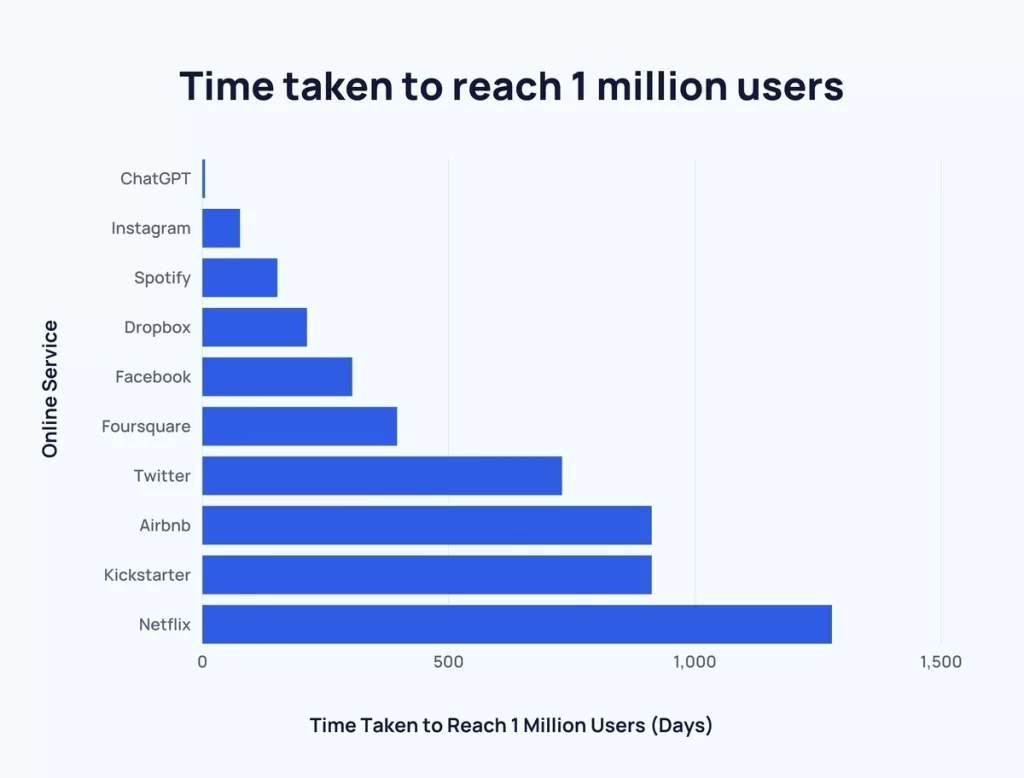
1. More Funding and Support
The current ownership structure of OpenAI has numerous merits and demerits. Other stakeholders hold 49% with Microsoft taking the largest share of 49%.
The presence of numerous stakeholders, particularly share regimes, has enabled substantial fundraising and commitment to support OpenAI by a number of companies in the AI research sector.
2. Transition to Last Stage Funding
OpenAI is highly structural; its ownership includes different shareholders and the company remains private, restricting stock distribution to a few entities and companies close to OpenAI.
Although not listed on stock exchanges, it would be possible in the future for OpenAI to raise funds using later-stage financing.
3. Concentration of Power
OpenAI’s investors believe that the company’s power is not evenly dispersed, even though no single individual or group has the potential to control the company. Rather, a select few investors have the majority of the authority.
There are concerns regarding conflicts of interest resulting from this concentration of power because the organization may be influenced by the interests of its affluent investors.
Is OpenAI a Public Company?
Despite its larger-than-life presence, OpenAI is not a publicly traded company. It is a privately owned company and is not listed on any stock exchange, so the general public cannot directly buy OpenAI stock.
OpenAI was founded in 2015 and consists of the non-profit OpenAI, Inc. registered in Delaware, and its for-profit subsidiary, OpenAI Global LLC.
Conclusion
According to the Wall Street Journal, the company’s worth is $29 billion with Microsoft investing $10 million in OpenAI.
The company aims to advance digital intelligence to benefit humanity–unconstrained by a need to generate financial return or revenue. OpenAI has a global user base across 156 countries with a 69.59% male majority.
Key Takeaway
- OpenAI is owned by a group of investors, including Microsoft, Khosla Ventures, and Reid Hoffman, with the exact ownership structure not publicly disclosed.
- Key co-founders include Elon Musk, Sam Altman, Greg Brockman, Wojciech Zaremba, and Ilya Sutskever.
- Originally a non-profit, OpenAI transitioned to a for-profit entity in 2019, forming the OpenAI LP, with Microsoft making a significant $1 billion investment.
- Microsoft is a major investor, alongside others like Khosla Ventures and Reid Hoffman.
- OpenAI is privately owned and not a public company
